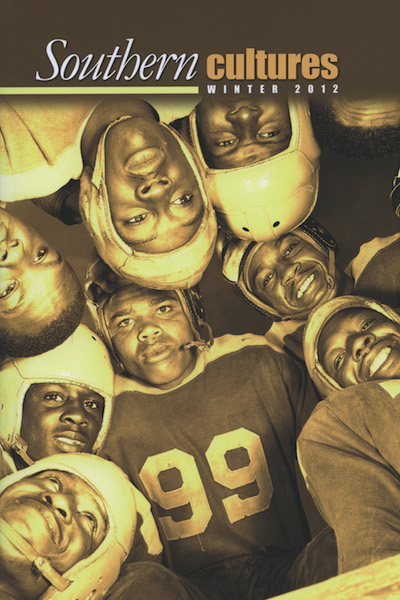University of Virginia Press, 2009
A flourishing cottage industry customarily called “memory studies” is now thrusting into its third decade. This well-researched volume makes a useful contribution to the field as well as to our understanding of southern culture. The author rightly declares that “social memory is one of the key elements that constitutes social groups; social groups tend to share an understanding of their common past, though not, as we will see, without dissenting voices” (7). Baker’s approach rests upon three “enthymematic” ideas that range from assumptions to assertions. First, that oral tradition on the local level provides a basis for social memory. Second, that distinguishing between memories in public and private discourse permits a better picture of the range of social memories and their interconnectedness. And third, that when social memory becomes dominant in social discourse readers must also be aware of counter-memories. In this monograph devoted primarily to South Carolina, with occasional references to Virginia, North Carolina, and Georgia, the dominant social memory, only beginning to fade during the 1970s, was a white supremacist narrative of Reconstruction following the Civil War.


